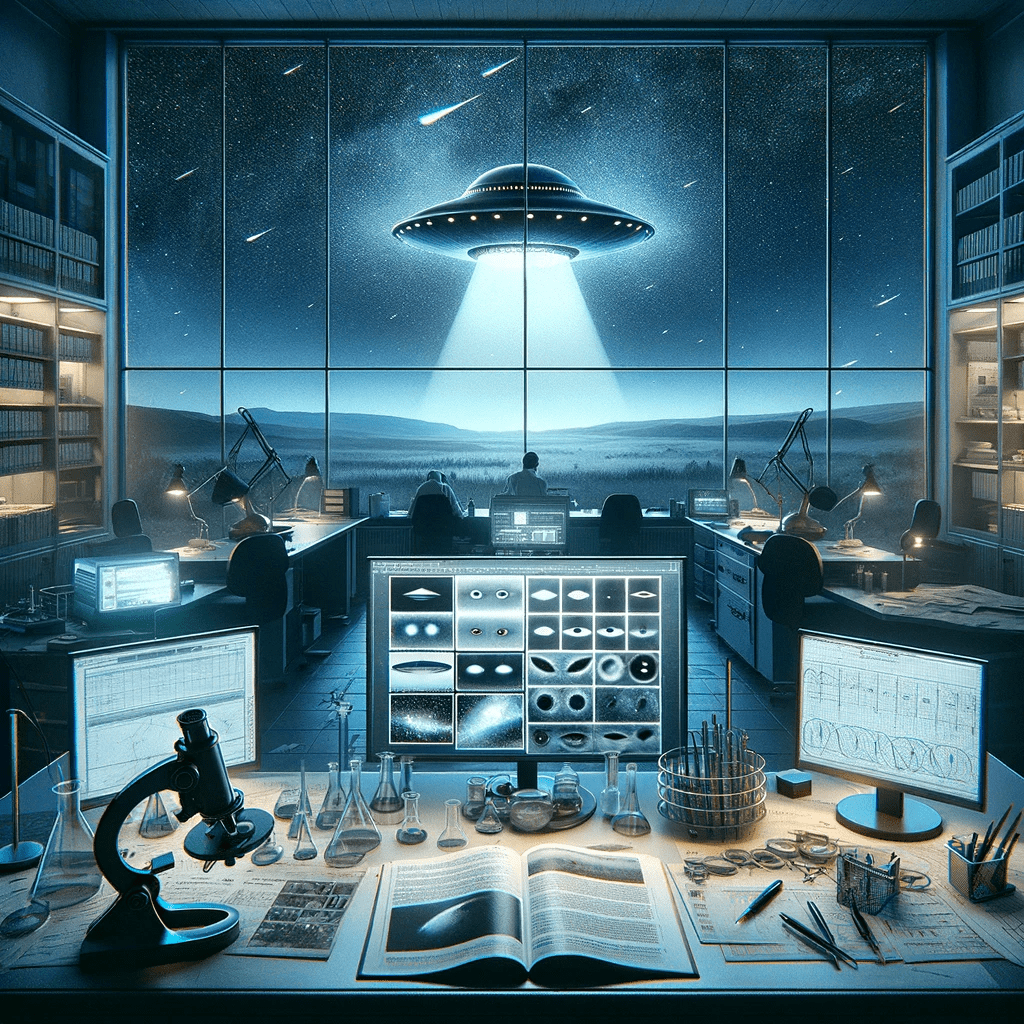The Condon Report

The Condon Report, also known as the Colorado UFO Project, was a scientific study of unidentified flying objects (UFOs) commissioned by the United States Air Force in 1966. The report was compiled by a team of scientists led by physicist Dr. Edward U. Condon, and was intended to provide a comprehensive examination of the UFO phenomenon and to determine whether there was any evidence to support claims of extraterrestrial origin.
The study was conducted over a two-year period, from 1966 to 1968, and was based on a review of more than 12,000 reported UFO sightings. The team of scientists analyzed each case using a variety of techniques, including physical measurements, laboratory tests, and psychological evaluations. They also conducted field investigations, interviews with witnesses, and reviews of other relevant documents and records.
The Condon Report was released in January of 1969 and concluded that there was no scientific evidence to support the extraterrestrial origin of UFO sightings. It also found that most reported UFO sightings could be easily explained by natural or human-made phenomena, such as weather patterns, aircraft lights, or psychological factors.
The report was met with mixed reactions from the public and the scientific community. Some saw it as a thorough and objective examination of the UFO phenomenon, while others criticized its methodology and findings. Some UFO enthusiasts felt that the report was influenced by government officials who were trying to cover up the truth about the existence of extraterrestrial life, and argued that the study was conducted in a biased manner.
Despite these criticisms, the Condon Report remains one of the most comprehensive studies of the UFO phenomenon ever conducted. It is considered by many to be a seminal work in the field of UFO research, and has been widely cited and discussed in the years since its release.
However, the report’s findings have also been challenged and criticized by many UFO researchers and enthusiasts, who argue that the study was not impartial or thorough enough to draw definitive conclusions about the nature of UFO sightings. Some have pointed to the fact that many of the cases that were studied by the Condon team were either unresolved or poorly documented, and that some of the conclusions reached by the report were based on insufficient or anecdotal evidence.
Despite these criticisms, the Condon Report remains an important part of the history of UFO research, and its findings continue to be discussed and debated by researchers and enthusiasts. Today, the study is remembered as a landmark event in the history of UFO research and as a significant step in the ongoing quest to understand the nature and origin of UFO sightings.
The Condon Report remains a key document in the history of UFO research and a subject of much speculation and debate. While its findings have been criticized by some, it is widely considered to be one of the most comprehensive studies of the UFO phenomenon ever conducted, and its conclusions continue to be an important part of the ongoing conversation about the existence and origin of UFOs. Whether one agrees with its findings or not, the Condon Report remains a fascinating and enduring part of the UFO legacy.

